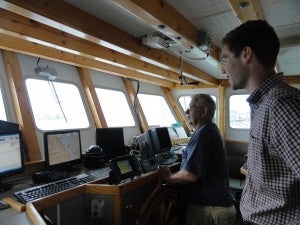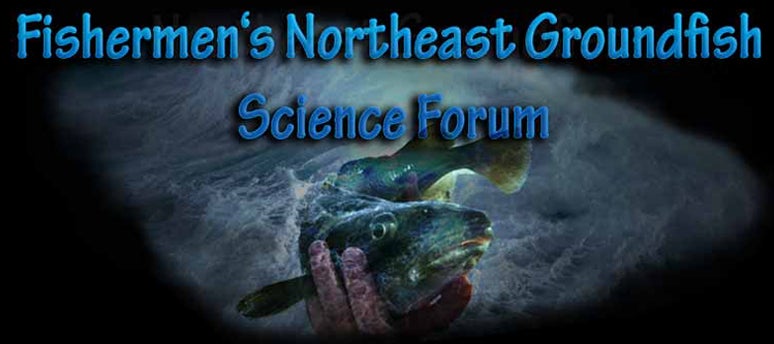On World Oceans Day we celebrated an ecosystem which is inextricably linked to our lives. Oceans cover about 70% of the planet and contain 99% of Earth’s living space. They are home to nearly half of all known species, generate most of the oxygen we breathe, help regulate the climate, and provide food for billions of people around the world. In fact, 2 billion people in the developing world depend on seafood for at least 50% of their nutritional needs.
There are myriad challenges facing the world’s oceans, including pollution, climate change, acidification and overfishing (often as a result of mis-management of fisheries), yet new policies and management tactics offer hope for improving the economic and environmental outlook of our oceans.
EDF is a founding partner of the World Bank’s Global Partnership for Oceans—an “alliance of more than 100 governments, international organizations, civil society groups, and private sector interests committed to addressing the threats to the health, productivity and resilience of the world’s oceans.” A separate but complimentary initiative is the “50 in 10 Initiative” which seeks to ensure that 50% of the world’s fish are caught under sustainable management by 2023. Consensus is emerging among global leaders that solutions to the problems we are facing exist—and can be scaled up to empower fisheries to deploy these proven solutions. Read More

.jpg)
.jpg)

